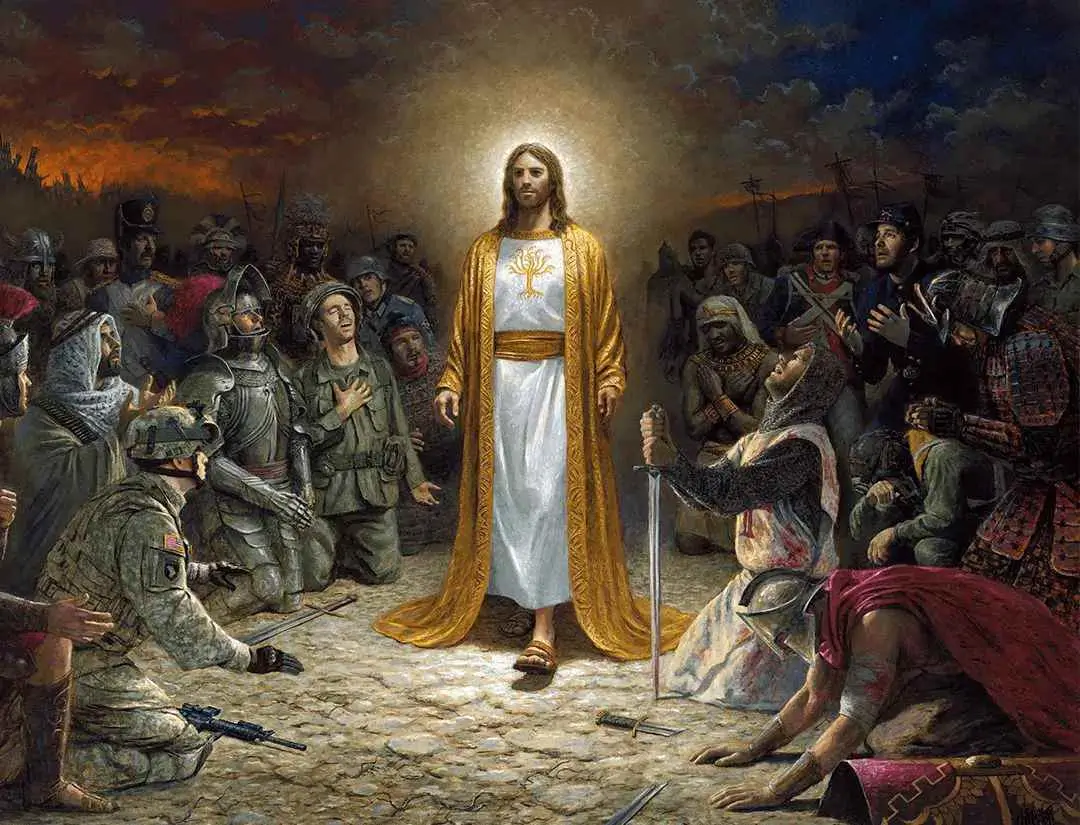Language
 Directory
Directory
2 Chronicles
Ezekiel

1. Ezekiel, also known as the Prophet Ezekiel or Ezekiel the Priest, is a significant figure in the Bible, particularly in the Old Testament. He is considered one of the major prophets, and his Book, the Book of Ezekiel, contains his prophetic messages and visions.
2. Ezekiel lived during a tumultuous time in Israel's history. He was a priest and a prophet who was part of the community of exiles from Jerusalem in Babylon. He was taken captive in 597 BCE during the reign of King Jehoiachin. Ezekiel's ministry began around 593 BCE and lasted for several decades.
3. The story of Ezekiel begins with a profound encounter with God. In Ezekiel 1:1-3, he receives a vision of the divine glory while in exile by the Chebar Canal in Babylon. In this vision, he sees a chariot-like throne with wheels within wheels, accompanied by cherubim and flashes of lightning. This awe-inspiring vision marks the beginning of Ezekiel's prophetic mission.
4. Ezekiel's prophecies were primarily directed towards both the exiled Israelites in Babylon and the people left behind in Jerusalem. His messages often employed symbolic acts and visions to convey God's warnings, judgments, and promises.
5. One significant aspect of Ezekiel's ministry was his role as a "watchman" or a "sentinel" (Ezekiel 3:17). God appointed him to warn the people of impending destruction if they did not repent and turn away from their idolatry and wickedness. Ezekiel faithfully delivered these messages, even though they were often met with skepticism and resistance.
6. Ezekiel's prophecies contain diverse themes, including the judgment on Jerusalem and the surrounding nations, the sins of the people, the restoration of Israel, and the coming of a new temple. One notable vision described in detail in chapters 40-48 presents a future temple and its rituals, highlighting the restoration and renewal of God's covenant with His people.
7. Ezekiel also emphasized individual responsibility and accountability before God. He discouraged the idea that individuals could be punished for the sins of their ancestors, emphasizing that everyone would be judged based on their own actions.
8. The significance of Ezekiel lies in his role as a faithful prophet who called the people to repentance, warned of the consequences of disobedience, and proclaimed hope in the midst of exile and destruction. His prophecies contained powerful imagery, intricate symbolism, and a strong emphasis on personal responsibility.
9. Furthermore, Ezekiel's vision of the valley of dry bones (Ezekiel 37) is particularly renowned. This vision portrays the revitalization and resurrection of the nation of Israel, symbolizing the restoration and renewal of God's people through His power and grace.
10. Ezekiel's story depicts a priest and prophet who faithfully proclaimed God's messages of warning, judgment, and hope to the exiled Israelites. His prophecies carry profound insights into the consequences of sin, the need for repentance, and the promises of restoration and renewal.




 Previous
Previous







